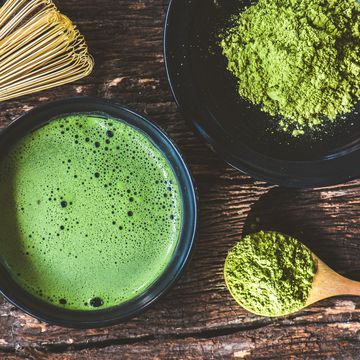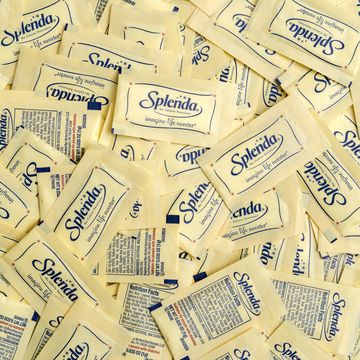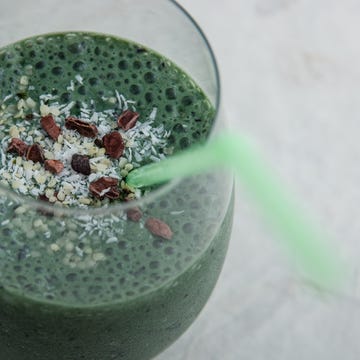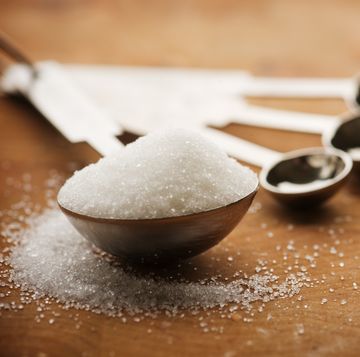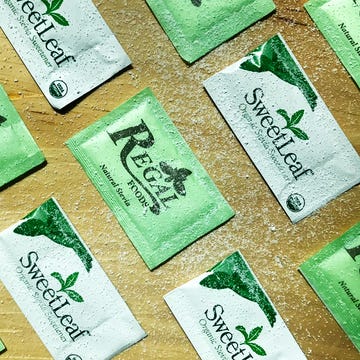5 Under-the-Radar Nutrients Runners Need
Secret Ingredients

If your training and times have been falling short lately, look to your fridge. Many runners fall short on these five essential nutrients needed for performance. Here's how to eat what you need.
Get More: Magnesium

For: Healthy Bones
This mineral plays a crucial role in processing carbs and fats for fuel, and supports bone health. Studies show many runners and nonrunners alike have marginal magnesium intake. Eating refined grains (which lack the mineral) can contribute to the problem. Drinking alcohol routinely also leads to magnesium loss. Studies show that lifelong low magnesium levels may increase risk for poor bone health, heart disease, and high blood pressure.
Tofu and Cashews: Add ½ cup tofu and 1 ounce cashews to a stir-fry for 30 percent of your daily magnesium need.
Swiss chard (Magnesium)

The chlorophyll pigments in dark leafy greens, such as Swiss chard and kale, are high in magnesium.
Get More: Vitamin E

For: Lung and Muscle Repair
Vitamin E acts as a potent antioxidant that protects cells (particularly lung and muscle cells) from microscopic oxidative damage that occurs during intense exercise. The key is to get the vitamin from whole food sources–not from supplements, which do not appear to offer the same protection and can be harmful in large doses.
RELATED: Prep great meals (in less time!) with Meals on the Run.
Avocado: The fat in avocado--here spread on toast--allows for better vitamin E absorption.
Almonds (Vitamin E)

An ounce of almonds (23 nuts) packs 37 percent of your daily vitamin E need.
Frozen spinach (Vitamin E)

Per ½ cup, frozen spinach provides more vitamin E than fresh leaves.
Get More: Choline

For: Muscle Movement
Choline helps relay information from your brain and nerves to your muscles, letting them know to contract. Some research suggests that endurance training and intense running may deplete choline levels and potentially contribute to fatigue. Your body makes some choline, but eating foods that contain it can help keep your levels high (avoid supplements, which may cause GI distress).
Bison: Three ounces of ground bison, which is a leaner choice than beef, provides 83 mg
Eggs (Choline)

Egg yolks are one of the richest dietary sources of choline.
Peanuts (Choline)

Eat a handful of peanuts or a spoonful of PB for a midday snack.
Get More: Copper

For: Strong joints
Copper plays a role in forming collagen, a component of connective tissue. It also promotes healthy red blood cells and helps prevent anemia. Runners who take iron or zinc are prone to copper deficiency because high amounts of either mineral block copper absorption.
Clams: Three ounces of clams contains 29 percent of your daily copper need. Steam in a broth of water and wine.
Sunflower seeds (Copper)

An ounce of sunflower seeds provides a quarter of your daily need.
Beans (Copper)

Aim for at least five servings of beans or lentils per week.
Get More: Vitamin B6

For: Protein Processing
When your training increases in intensity and your protein needs go up, so does your need for vitamin B6. This nutrient helps clear potentially harmful protein by-products, such as homocysteine. Researchers have noticed that levels of this compound rapidly increase after hard runs, such as marathons. Homocysteine damages blood vessel walls and may be partially to blame for some sudden cardiac events seen in runners.
Acorn Squash: Slice acorn squash in half, roast, and stuff with rice pilaf for a good dose of vitamin B6.
Bananas (Vitamin B6)

One banana packs 22 percent of your daily vitamin B6 need.
Chicken (Vitamin B6)

Use leftover grilled chicken in salads, sandwiches, or soup.

Want even more great meals packed with the best nutrients to help you fuel your runs? You can prep a great meal any time of day (in less time!) with the 30-minutes-or-less recipes found in our new cookbook, Meals on the Run!
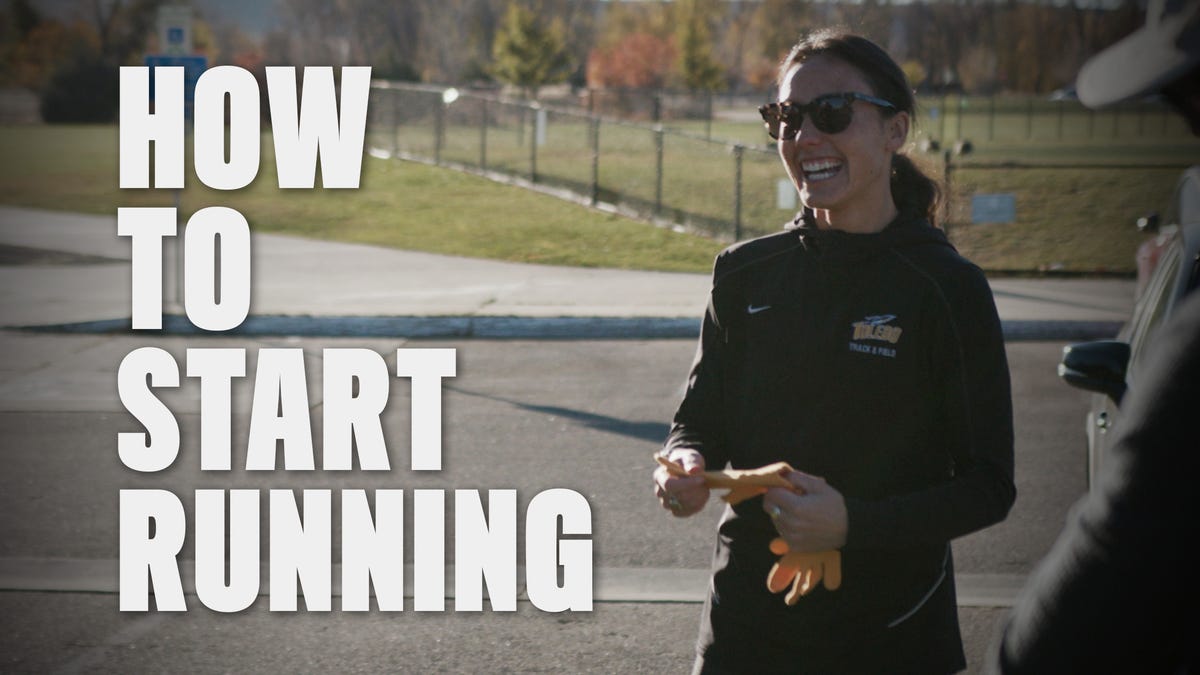
Readers Also Read

24 Trader Joe’s Products Nutritionists Avoid
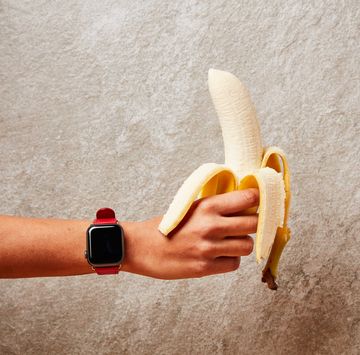
23 Foods That Have More Potassium Than a Banana
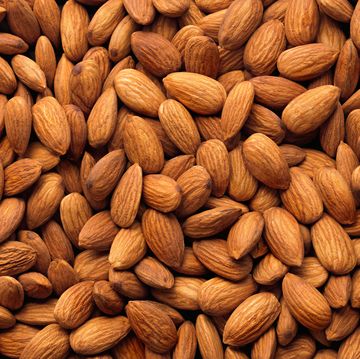
26 Magnesium-Rich Foods to Add to Your Diet
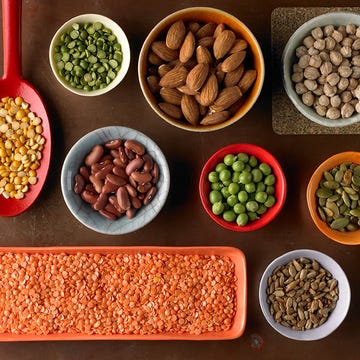
The 20 Highest Protein Foods Vegetarian Runners Can Eat
